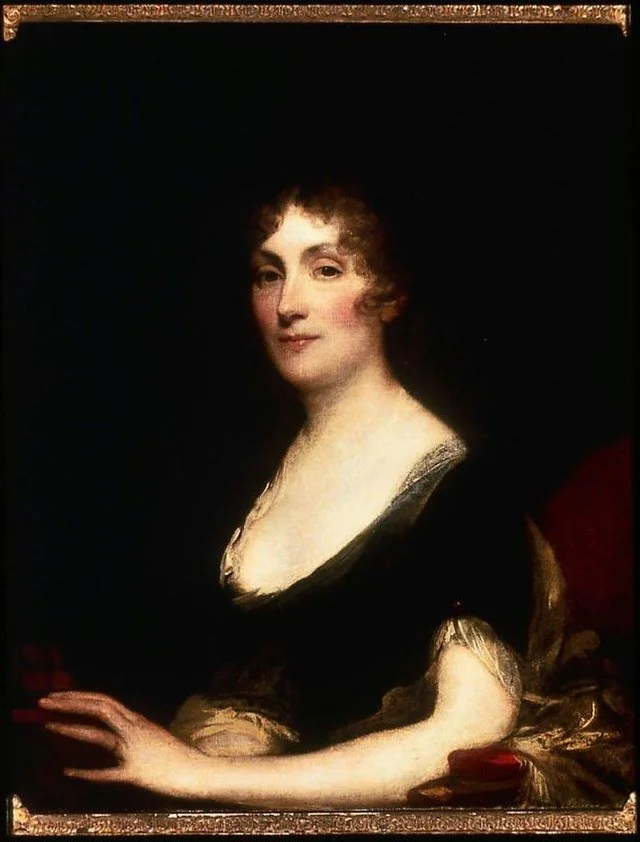
Pre-19th Century
Anne Bradstreet
Also found under Poetry
Who Was She?
Anne Bradstreet was born in 1612 in England, but moved to America with her family as part of the Winthrop Puritan group around 1630. Her first book of poetry, and the only one published during her lifetime, "The Tenth Muse, Lately Sprung Up in America," was originally published in England by her brother-in-law, allegedly without her knowledge. Her posthumous volumes of poetry include "Several Poems Compiled with Great Wit and Learning" (an expanded version of "The Tenth Muse"), and Contemplations. Today, she is widely recognized as the first American poet.
What Did She Write About?
Religion, Personal Musings, Love & Marriage
Where Can I Find Her Work?
The Poetry Foundation (Free)
Phillis Wheatley
Also found under Poetry, Black Writers
Who Was She?
Phillis Wheatley was born circa 1753 in Gambia, but was kidnapped from her home by slave traders at the age of seven and brought to America. She was enslaved as a domestic in the Wheatley household, where she learned to read and write. In 1767, when Wheatley was just thirteen years old, her first poem, "On Messrs. Hussey and Coffin,” premiered in Rhode Island's Mercury, and in 1770, her work An Elegiac Poem, on the Death of that Celebrated Divine, and Eminent Servant of Jesus Christ, the Reverend and Learned George Whitefield , earned her international acclaim. Her works were printed and praised by readers in both America and England, and she became a well-known name among American colonists, her achievements fueling the dawning antislavery movement in America. Her "Poems on Various Subjects, Religious and Moral" became the first book of poetry ever to be published by an African-American.
What Did She Write About?
Pride in her African heritage, Opposition to slavery, Religion
Where Can I Find Her Work?
Sarah Wentworth Apthorp Morton
Also found under Poetry
Who Was She?
Sarah Wentworth Apthorp Morton was born in 1759 in Massachusetts. She was a strong supporter of the Patriots in the American Revolution, despite many members of her family being Loyalists. In 1788 and 1789, Morton published her first known poems, including "Invocation to Hope" and "Ode to the President." By the mid-1790s, Morton was a frequent contributing poet to both the Massachusetts Magazine and the Boston Columbian Centinel, writing under the pseudonyms “Constantia” and “Philenia.” While she often wrote in neoclassic-style couplets, she was also one of the earliest pioneers of the sonnet in America. Her poems were reprinted in a number of publications, including New York Magazine, the Gazette of the United States, the Federal Orrery in Boston, and Farmer’s Weekly Museum. In 1793, nine of her poems were included in the first known anthology of American poetry: American Poems, Selected & Original. No other women were published in the anthology. Morton released her first long poem, "Quabi; or, The Virtues of Nature," in 1790. Inspired by the story “Azakia, A Canadian Story," the poem was praised by critics and was the basis for one of the first orchestral pieces of music in America and a play by James Bacon.
What Did She Write About?
Heroes of the American Revolution & patriotic themes; Personal musings/contemplative poetry and reflections on grief and loss of family members; Interracial love stories dealing with the 'noble savage' archetype


